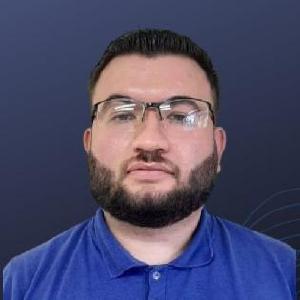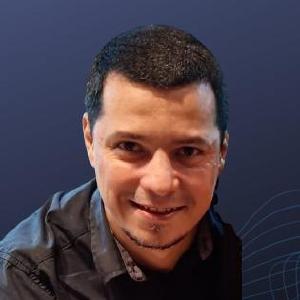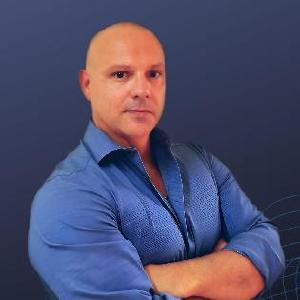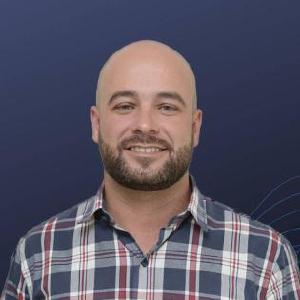“Unimed looked for a partner that had expertise in application development”
When you start an application
development, you have no idea of the size of the project and what awaits you. We had a need and a desire to migrate our business,
or part of our business, and our relationship with customers to a digital and mobile platform, so that was our first wish
and challenge, and today I say that what has made it work, made us be successful in this, it is the involvement of all teams.
Unimed looked for a
partner that could help us in this technical part and that had expertise in application development. We reached Visionnaire,
and I think that this involvement and commitment of the teams, both from Unimed and Visionnaire, and the technical knowledge
as well, have helped and made it possible for us to put a really strong platform on the market.
The idea is that it
continues to be evolved, and, according to the needs that we perceive in the Unimed system, that we are able to have more
and more functionalities for both our customers and cooperative members. So, I think that this involvement and commitment
of the teams has been very important for success so far.
We weren't concerned
with making a mere application, we were concerned with having a platform that increasingly allows me to plug in functionalities
there, and, as I want to serve several Unimed units at the same time without having to make several applications, so it was
created an entire configuration platform. We called it a shelf: each Unimed unit can choose there, from a shelf of functionalities,
what it wants to appear for its beneficiary's application, so, even using the same platform and the same application, a Unimed
unit from the state can have some functionalities available to its beneficiary, and another Unimed unit may have other functionalities
available, so all this flexibility was possible due to the way it was developed, the way it was thought: it was already thought
to be something structured, something that could bear all Unimed units with their individualities.
I think there are two
challenges. One more of an IT challenge, which is: once the application is ready, it doesn't exist on its own. What really
matters is the data, so the IT team developed data integrations for practically all Unimed units in the state. With the exception
of Londrina and Maringá units, for all the others, the development was done here, and that is a challenge. We have
two systems that are used by the majority of Unimed units and we had to do all this integration. All the data that was necessary
for the application's functionalities to make sense, from health card data, medical guide data, beneficiary usage status,
the status of the exams they requested, all of this is information that is in the databases of data and that we integrated,
so I consider this a big challenge. And the other challenge is the change in processes that is necessary for you to start
working with those functionalities that we thought for applications, for example, if I now have the possibility in the application
to authorize medical exams by photo (the beneficiary can send a photo and I will authorize it), our back office has to be
prepared for this, to check that the document is arriving, to release these documents, so this has also been a change in several
internal processes so that we can make them available to our end user, for our beneficiary, that functionality. That will
always be a challenge.
Current processes, they
already have to be thought of like this, those that already exist, and those that will come into existence already have to
be thought out for mobile, and the tendency is, as it has the possibility of interacting with Unimed via application, more
and more will want this, so today they have nothing, and the level of demand, I would say, it is even lower, although there
are already a lot of apps out there on the market, and people are already getting used to doing things via apps, but when
they have our app the trend is, more and more, he will want to have less interaction via phone or face-to-face, he’ll
want the app, and we have to think about our processes like that. This is a big challenge even for us, also a paradigm shift.
Visionnaire has been
exactly that in this project, a technology partner for us, so it is not just a company that was hired to do that, but it has
had a great involvement in the project, a commitment to make things come out within the time we stipulated, with the quality
that we stipulated, and, mainly, bringing us technology solutions that we need for this project and that are not Unimed's
expertise, so Visionnaire comes in with that, with proposals for technology solutions for us to make this project viable,
so it has been a very good partnership, we have achieved this involvement, this commitment from Visionnaire for us to achieve
this result.









